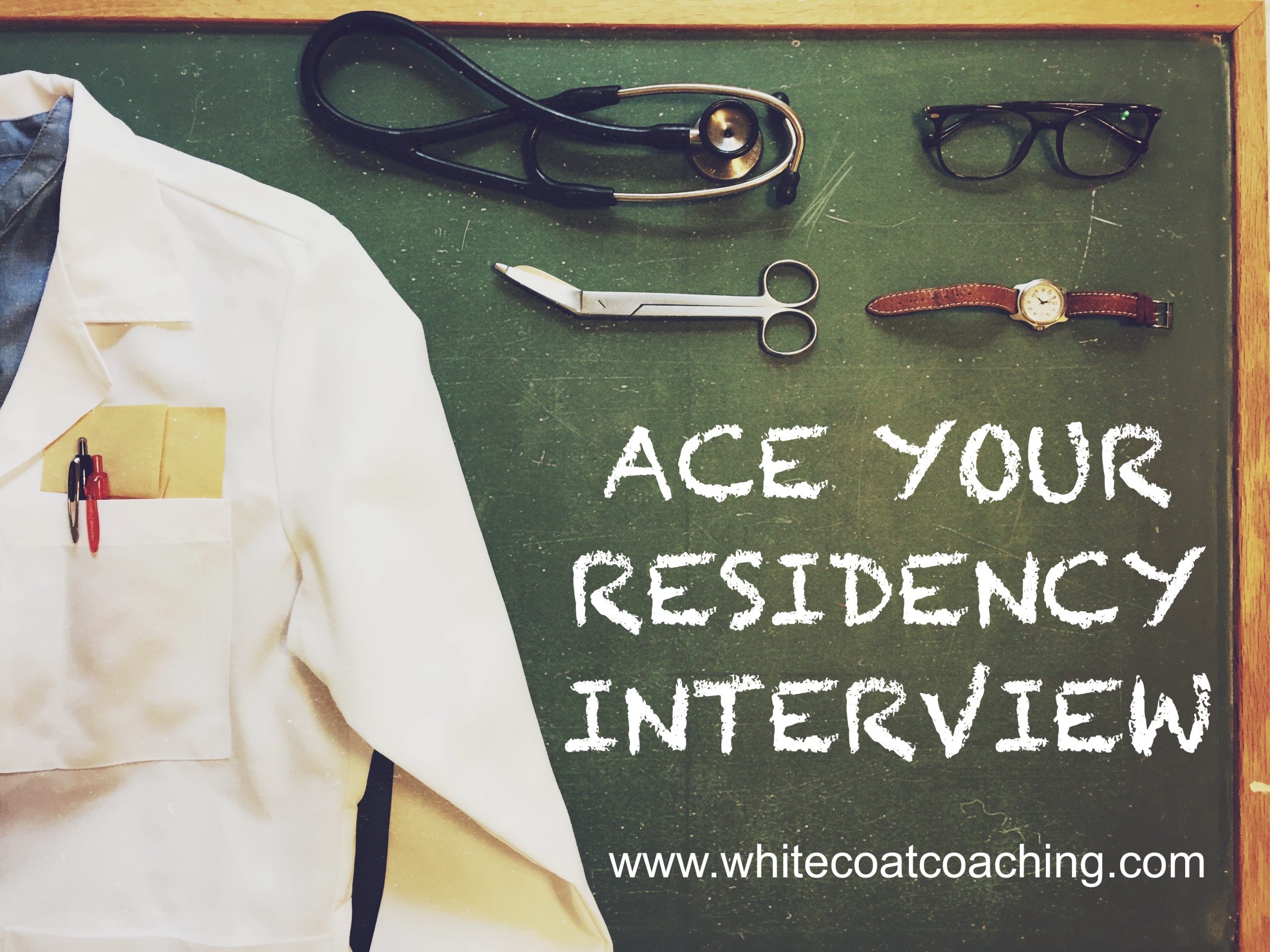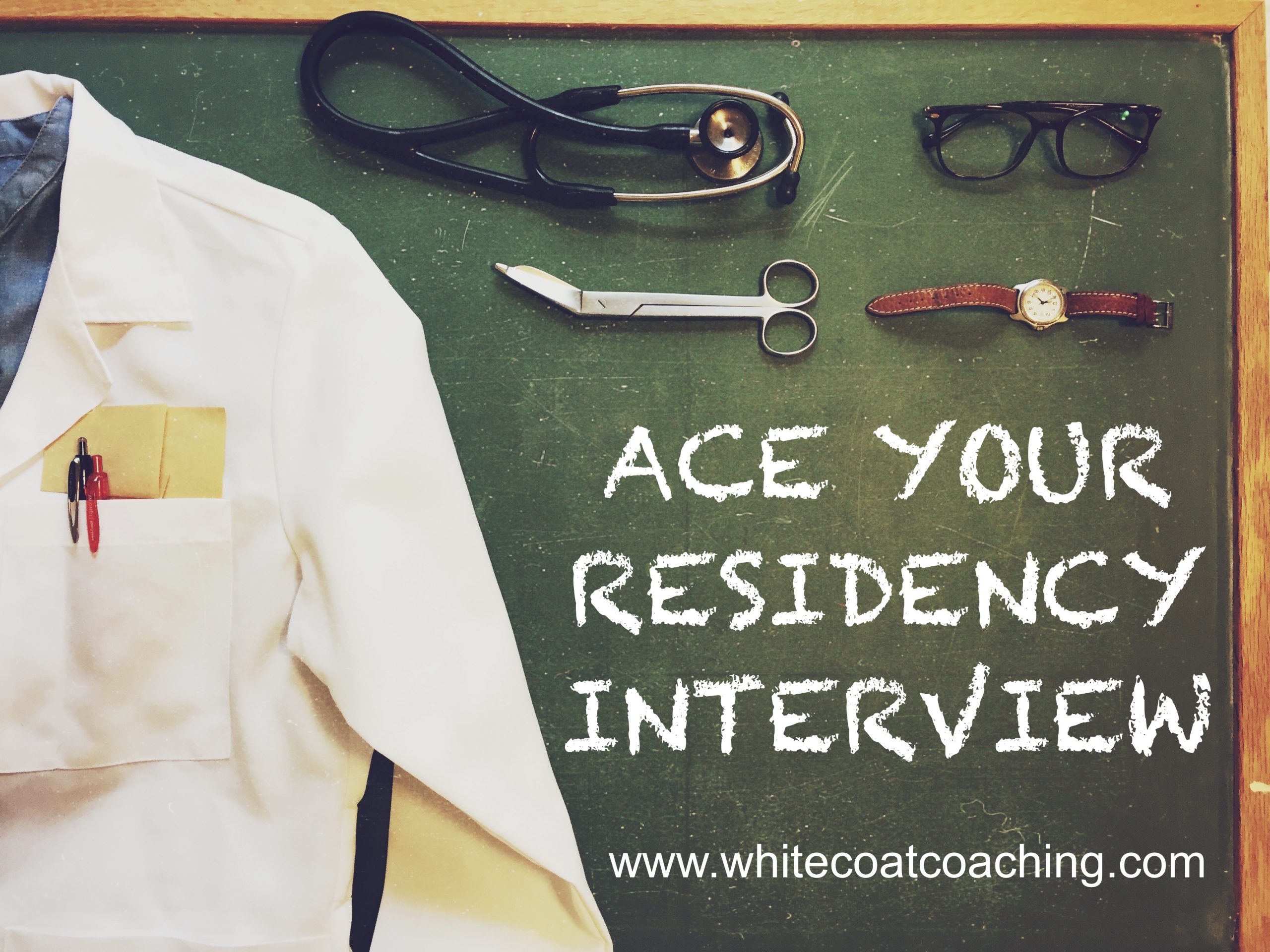By: Emily Tan, DO
Congratulations on your interview invites! Before you reach into that closet for your lucky interview suit, take a moment to celebrate how far you’ve come. Medical school has been quite the trip and you are now at the precipice of the next chapter of your career!
And now, back to work. The interview trail will be another part of your hero’s journey with weeks of multiple interviews a couple days apart. As professional students, you have perfected the art of sniffing out expectations and meeting them. However, successful interviewing requires a different set of skills. Come interview day, you must confidently look your future directors and peers in the eye and tell them who you are and why you deserve to be trained there. Let’s address how to prepare for an unforgettable interview.
Step One: Soul Search
This is the most important and often overlooked step. For many of us, much of medical school has been a bit of a blur. Lack of sleep and the sheer amount of information processing has overshadowed some of our most important moments as doctors. In the last several years you have likely witnessed your first birth, your first death, touched internal organs, and handed out a lot of tissues. Somehow, you’ve also decided on a specialty that you are ready to devote the rest of your life to.
Take some time to reflect on how you’ve grown. Process with a friend (nonmedical friends will be especially insightful). Journal. How have you changed? What core qualities about yourself have not changed? Have you surprised yourself? The better you know yourself, the easier it will be to show people who truly you are, not just who you think they want you to be.
Danielle Laporte, bestselling author and entrepreneur puts it this way: “[Get] clear on your attributes, identify which of those attributes is most vital to your success and then define what you offer to the world as a result of those attributes… Image is a fragile thing. Sincerity is rock solid.”
Step Two: Create an Answer Bank
If you watch political debates, and it’s been hard to avoid them lately, you’ll notice that the candidates only address the question for a couple seconds before they transition to a carefully scripted oratorium on their achievements, credentials, and positive attributes. They can’t possibly have a direct answer for every question so they use an answer bank. Once they find a question that is remotely related to a good answer, they select from the bank and deliver.
Interviewing for residency is much less complicated but nearly as predictable and the same techniques can be leveraged to help you prep your way to the perfect debate, I mean interview.
This is where the endless hours spent practicing for test taking and answer recall actually helps. Go to my blog post on the 10 most common residency interview questions for some sample questions to formulate answers to.
How do you best answer these questions? Ernest Hemingway’s iceberg theory says, “If a writer of prose knows enough of what he is writing about he may omit things that he knows and the reader, if the writer is writing truly enough, will have a feeling of those things as strongly as though the writer had stated them. The dignity of movement of an iceberg is due to only one-eighth of it being above water.” Basically:
Show, don’t Tell.
A more intuitive way to approach your answer bank stems from the art of a good first date. How off-putting and boring would it be if your date responded to your opening “so, tell me about yourself” by listing their attributes? “I’m hard working, self motivated, blah blah blah.” Instead, as humans, we respond more naturally to stories. You’re much more likely to feel like you know who your date is and their strengths through the colorful glimpses of life experiences that they share with you. This approach will also help you deliver a good date, I mean interview. For more on the specifics of the perfect interview story, jump to my blog post on the STAR formula. Make sure you have a story for each answer that you can deliver the moment the right question comes along.
Step Three: Practice, practice, practice
While being an intelligent people person with solid credentials might get you by, to truly shine you must practice, practice, practice.
Practice in front of the mirror. This way you can hear what your stories and answers sound like. Make edits and also identify the areas that you frequently stumble on and smooth them out.
Practice in front of a camera. This will make your go-to comfort phrases (um, like, etc) and non-verbal tics (wringing your hands, rocking back and forth, etc) painfully obvious.
Practice in front of a real live person/people. Recruit a friend, a partner, a family member, or a stranger to put the pressure on. Pay for an interview coaching session that can help you tweak your verbal and non-verbal presentation.
The key is to practice until it flows. If you only practice enough to get it right one or twice, during interview day your mental energy will be focused on recall. This defeats the whole purpose. If you practice until it comes out without effort, your mental energy will be free to engage with your interviewer.
“We don’t rise to the level of our expectations, we fall to the level of our training.” – Archilochos
Step Four: Deliver
Beyond the common sense prep (iron your outfit, write down/print out directions in case your phone dies, charge your phone, etc), here are a few tips that can help boost your confidence on interview day.
Before you leave your car, have a calming moment (here is one of my favorite five minute guided meditations, Heaviness Relaxation with Andrew Johnson) and set your intention for the day. Being grounded and confident will help you deal with the curveballs you get. Sometimes interviewers will ask a question they don’t expect you to know to gauge how well you think on your feet. Relax and maybe even put some humor into the answer.
Get your caffeine dose right. Too much coffee can lead to rambling and frequent bathroom breaks. See more about common mistakes in Famous Last Words – the Interview.
Right before your interview, Amy Cuddy’s “power posing” can leverage your body to calm and empower your mind. Stand with your arms up in a giant V, lift your chin, and smile as though you just crossed the line a toe in front of Usain Bolt. Or, put your hands on your hips and do your best Beyonce pose. This can be done quietly almost anywhere, preferably somewhere secluded. Watch Amy’s TEDTALK on how your body language shapes who you are. Be your best self to everyone. Many applicants have been blacklisted because they were rude to receptionists or two faced when talking to a stranger in the hall who turned out to be an important faculty member walking through. Even though you are under a lot of pressure that day, remember to be present with everyone you interact with.
After all that work on your presentation, remember that the interview is just as much a chance for you to gather information about the program. Get a feel for the culture fostered by the residents and attendings. Be curious. This is where good questions come from.
In conclusion, the best and most frustrating interview advice passed on to me from program directors and residents alike is this:
“Be yourself”
Maddening, isn’t it? But hidden in its simplicity is a lot of work. These four steps will give you the confidence to engage with your prospective programs and represent yourself authentically. Go knock their socks off.
Emiliy Tan, DO, is a coach at White Coat Coaching and this post is presented by the AMSA Professionalism & Ethics Committee. Emiliy’s an artist, turned horse trainer, turned surgeon. She says it’s been quite the journey with some rough patches. As an MS4, Emiliy went unmatched. Disappointed but undeterred, she regrouped, did some soul searching, picked up some new tricks, and successfully reapplied. Not everyone fits the match formula as presented by our deans and guidance counselors, she says, and she’s excited to share what she has learned so far.


